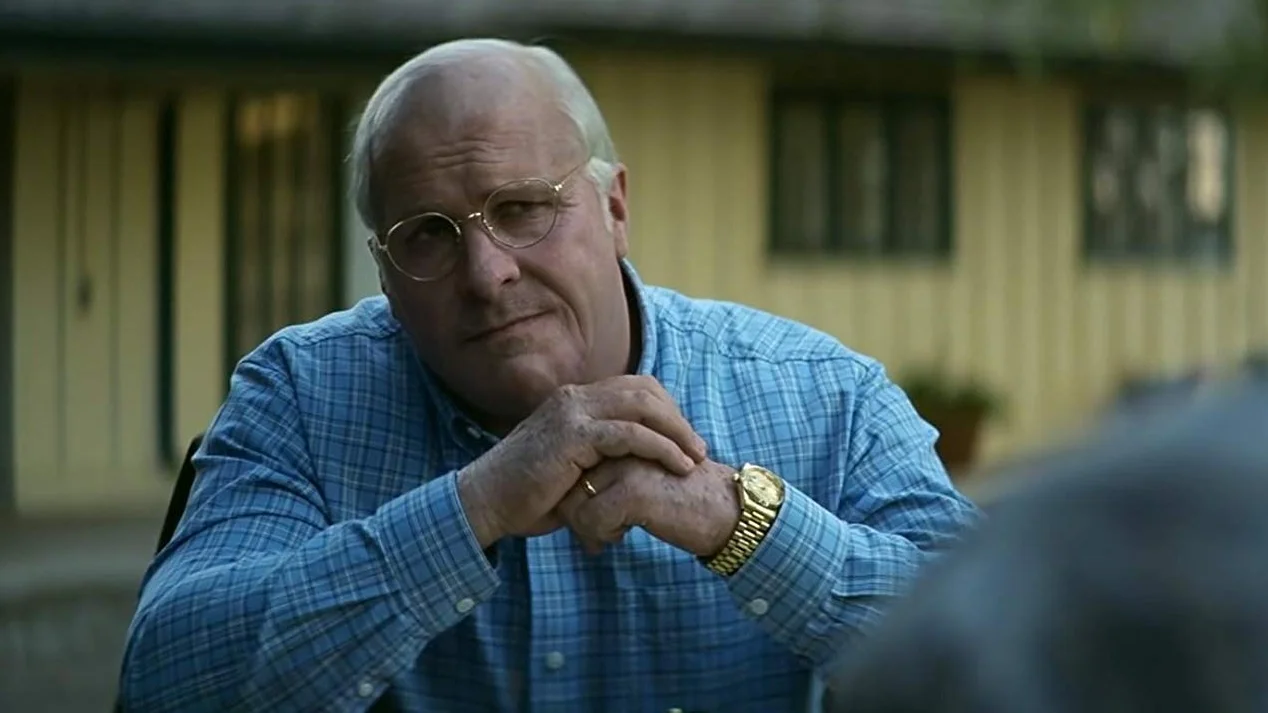Review: Shoplifters
Japanese neo-realist auteur Hirokazu Kore-eda (Still Walking, After the Storm) has put out a number of empathetic masterworks, but his latest, Shoplifters, is perhaps his warmest and most complex yet. Kore-eda, much like Yasujirō Ozu, manages to find meaning in the quietest of moments: necks craning to catch a glimpse of sparkling fireworks overhead; a quiet, tired sigh on the beach after a long life lived; a comforting hug at precisely the right moment. Kore-eda welcomes these beats, making quietude charged with compassion the meat and potatoes of his picture, and in a lesser director’s hands these moments would be interstitial points between larger plot developments.
In Shoplifters, Osamu and Nobuyo Shibata live in a crowded hovel where they scrape by, keeping their tight knit family afloat through shoplifting sessions in between their regular work hours. Their ritualistic hand gestures before each session — a mixture of comically contortionist finger gymnastics and cute fistbumping — seem dual-purpose, acting as a sort of good-luck charm and a way to bond as a family (albeit through illegal activity). One night, early in the film, Osamu and Nobuyo come across a young girl left out in the cold, who’s about the same age as their son. They bring her home, feed her, and give her a place to stay for the night before taking her back to her home the next day. But, when they do, they overhear the girl’s parents arguing, stressed over the girl’s disappearance, just as the mother exclaims that she never wanted the girl.
From here Kore-eda smartly wriggles out from underneath the moral quandary of kidnapping a young girl who’s not wanted and lets the story blossom into an exploration of familial bonds; what does family mean — Kore-eda seems to assert it’s love and nurture; what does being a father mean; what does being a mother mean? Crucially, Kore-eda’s exploration never results in didacticism, every answer to every question asked is answered through motion and emotion, through expression and action. This is thanks to some of the sharpest and most realist performances of 2018. Sakura Ando’s Nobuyo Shibata is the mother of the household, comforting, strong, and empathetic. And the more we come to know about Nobuyo and her past, the more we come to understand her central ethos: a mother is made not in simply having a child, a mother is made in the decades of mothering that follow. Kirin Kiki’s Hatsue Shibata — the elder matriarch of the household, provides a foil to Nobuyo in her Ozu-esque twilight hour reflections. She is, in many ways, the breadwinner of the household and is keen to remind Nobuyo and Osamu of that fact. But, where many other films would lean into the grumpy old lady archetype, Kore-eda gives Hatsue her due. She’s motherly in her own ways and, in certain scenes, we can see echoes of Hatsue’s warmth in Nobuyo. Lily Franky’s Osamu Shibata is silly and gregarious, playing magic tricks and jesting, but also manages to be a kind teacher and a compassionate friend to his children. He breathes life into the home through his ebullience.
That I can speak about each character with such precision is a testament to Kore-eda’s masterful script and the cast’s wonderfully, lively performances. But, Kore-eda’s picture is also made up of some of the most beautifully understated and breathtaking compositions of the year. Whether it’s a shot of wheatgrass swaying in the wind as a train lazily chugs by in the background or a comforting hug lit by a back-porch fire, Ryuto Kondo’s beautiful cinematography manages to breath magic into the most mundane of settings.
It is a rare film that can build such a resonant emotional catharsis from a collage of such quiet moments, but Kore-eda manages to do just that. His supremely compassionate patchwork of a family drama finds beauty in the quietest of scenes. His film never loses sight of the humans at the center of the tale so that, when the film does bend back around to answer the moral quandary posed at the start, it has been contextualized with all the warmth, compassion, and growth that only a family can provide.














